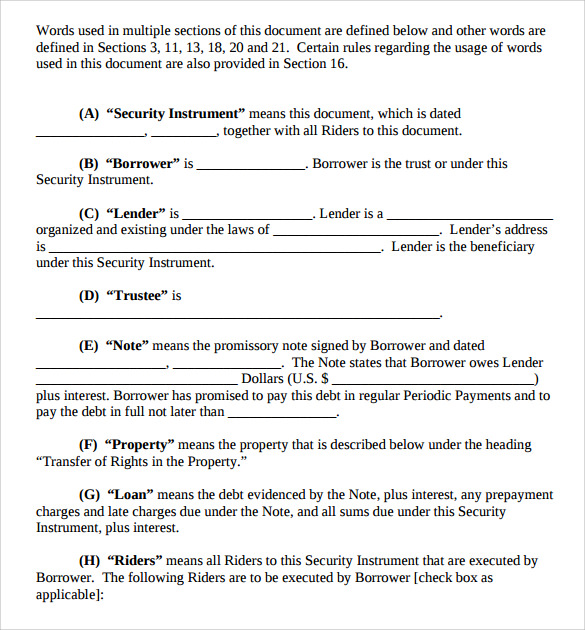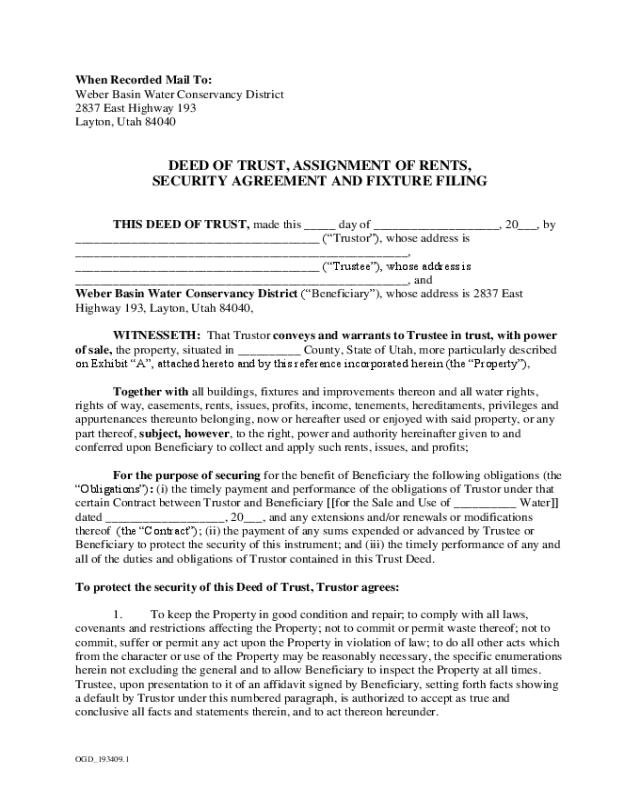

The Trustees’ Common Law Responsibilities / Dutiesīelow are just some of the many Common Law Responsibilities a trustee has: The Trustee Act 2000 empowered trustees to delegate to agents any of their functions except certain defined responsibilities. The trustees have the discretion to apply the whole or part of the income of a trust for the maintenance, education or benefit of a child beneficiary. Power to apply income for the benefit of child beneficiaries.Take proper advice when considering any investments, or when carrying out a review of the investments of the trust, the trustees must obtain and consider proper advice.Trustees must undertake periodic reviews of the investments held by the trust. A trustee must pay regard to any specialist knowledge or experience that he/she holds. The trustees must judge the suitability of investments having regard to the best interests of all beneficiaries, past and present. Act in the best interest of all beneficiaries.This provision is subject to any restriction imposed by the trust itself. Trustee powers of investment, section 3 of the Trustee Act 2000 permits trustees to “make any kind of investment that he/she could make if he/she were absolutely entitled to the asset of the trust”.There are several statutory powers and these can be quite comprehensive, below are are some common main powers: All dealings with the trust fund by the trustees must be for the benefit of the beneficiaries.If they are negligent and a loss arises they could be responsible for that loss to the beneficiaries.The trustees must use their utmost diligence to avoid any loss.Trustees should familiarise themselves with the terms of the trust so that they can administer it in accordance with the trust deed.Under English law, trustees must act unanimously, decisions cannot be made by a majority of trustees unless the trust specifically allows this.The Trustees are the legal owners of the assets in the trust and they have the responsibility and obligation to manage the assets for the benefit of those named as potential beneficiaries of the trust. Any further assets may be directed into the trust by means of a legacy in the Will.

Trusts must be settled with a Trust (de minimus) payment which in most cases is usually a minimum amount of £10.

The Settlor is the person who has placed / settled assets into the trust. Whilst the Clauses and Terms contained within your Trust are going to depend very much on your own personal circumstances and the type of trust used, below is a list of the most commonly used Terms and Clauses. The purpose of this post is to outline an overview of some of the most common Terms and Clauses written into Trust’s and break down the meaning or purpose of these into plain speak. Home » Home » Trust Terms Explained Guides by category


 0 kommentar(er)
0 kommentar(er)
